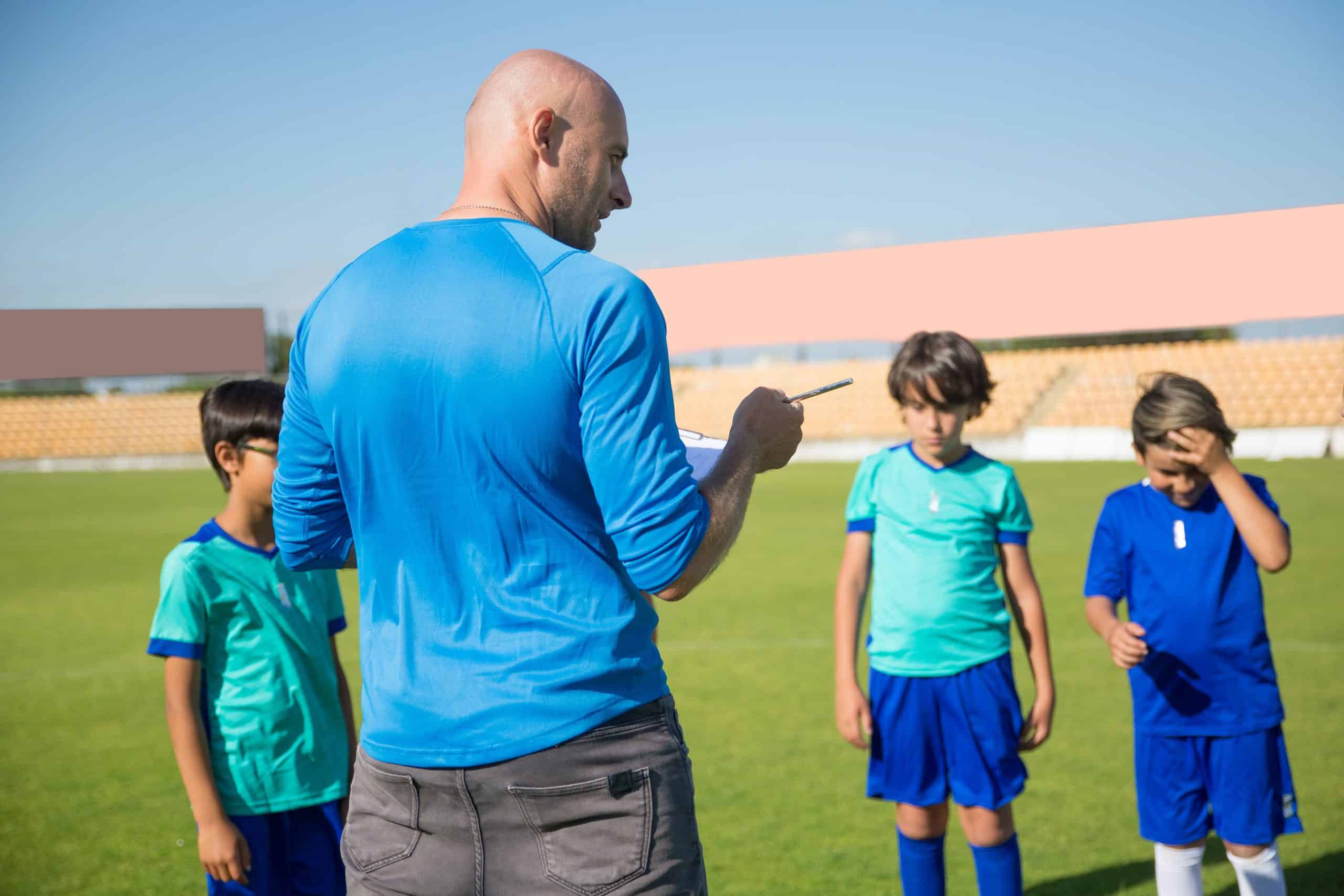Welcome, dear readers, to this comprehensive look at how sports can be an effective tool in the promotion of gender equality and empowerment, particularly in the context of educational settings.
We’ll delve into the power of sports, with an emphasis on how it can be instrumental in shaping not only the physical health and development of young girls but also their societal perceptions and opportunities. The keywords we’ll be focusing on are sport, women, sports, gender, girls, equality, development, social, physical, international, athletes, female, participation, olympic, education, programmes, empowerment, health, play, and opportunities.
En parallèle : Top 5 canyoning tours in Bali you can't miss
The role of sports in promoting gender equality
The role of sports in promoting gender equality extends beyond the playing field. When we discuss sports in this context, we refer to all forms of physical activity that build character, confidence, and a sense of empowerment. This includes not only team sports and individual competitive sports, but also playful activity, physical education programmes in schools, and international sporting events such as the Olympic Games.
Historically, the world of sports was dominated by men. However, over time, it has become more inclusive, with many sports organisations actively promoting female participation. The challenge remains in making sure all girls and women have equal opportunities to participate in sports and reaping the benefits that come with sports participation, such as improved health and social development.
A lire également : What role do sports play in promoting peace and reconciliation in conflict-affected regions?
Sports and the physical development of girls
When we consider the physical development of girls, sports play a crucial role. It is widely accepted that regular physical activity is crucial for maintaining good health. Beyond the physical benefits, it also plays a significant role in psychological wellbeing, reducing stress and improving mood.
However, it’s not just about running faster or jumping higher. Girls who participate in sports learn important life skills such as teamwork, leadership, perseverance, and resilience. These skills transfer to other areas of life, such as school, work, and personal relationships, making them well-rounded individuals ready to tackle any challenge that comes their way.
The social impact of sports on girls
Sports also have a significant social impact on girls. Participation in sports helps girls develop social skills, build friendships, and learn about different cultures and perspectives. Moreover, it can be a powerful tool in challenging gender stereotypes and promoting gender equality.
Through sports, girls learn that they are just as capable as their male peers. This can boost their self-esteem and empower them to challenge societal norms and expectations. It gives them the confidence to speak up, to take on leadership roles, and to strive for their goals, in sports and beyond.
Sports and international development
Sports are not confined to local communities or national borders. They are a global phenomenon, and as such, they have the potential to influence international development. Many international organisations recognise the power of sports as a tool for social change and have implemented programmes to promote gender equality and female empowerment.
For instance, the Olympic Games, one of the most prestigious international sporting events, has made significant strides towards gender equality in recent years. It has increased women’s participation, introduced more women’s events, and focused on promoting equality in its messaging. Such initiatives send a powerful message worldwide, encouraging more girls and women to participate in sports.
Sports programmes in schools: An opportunity for empowerment
Schools are an ideal setting for promoting gender equality and empowerment through sports. As places of learning and development, they have the power to shape students’ attitudes and behaviours. Sports programmes in schools can be tailored to promote gender equality, encourage female participation, and empower girls.
Through these programmes, girls can learn the value of hard work, resilience, and teamwork. They can find role models in their coaches and fellow athletes and be inspired to push their boundaries. Moreover, successful sports programmes can help create a school culture that values and respects all students, regardless of their gender.
So, when we talk about sports, let’s not only think about scores, competitions, and trophies. Instead, let’s remember the transformative power of sports to challenge norms, empower individuals, and promote gender equality. Sports can indeed be a game changer, and girls and women all around the world deserve to play.
The Power of Physical Education: Beyond Fitness
The crucial role that physical education plays in schools goes far beyond basic fitness. Physical education not only promotes physical activity, but it also sets the stage for promoting gender equality. In fact, physical education can be seen as a key vehicle for promoting gender equity in our schools.
To maximize the benefits of physical education, it’s important that the curriculum is designed with gender equity in mind. This means that girls and boys should have equal access to sports equipment, facilities, and opportunities to participate in a wide range of sports. In addition, physical education teachers should be trained to support and encourage both girls and boys equally.
Participating in physical education can help girls develop a wide range of skills. They can learn about teamwork, leadership, and perseverance. They can also learn about health and fitness, which can have lifelong benefits. Moreover, physical education can provide girls with positive role models – whether it’s a female coach or a fellow student who excels in sports.
When girls see other women and girls who are strong, capable, and confident, it can inspire them to push their own boundaries and strive for their own goals. This can be incredibly empowering and can help to build self-esteem. Physical education, therefore, plays a critical role in empowering women and promoting gender equality in our schools.
Sports as a Tool for Development and Peace
Sports have long been recognised by the United Nations and other global bodies as a powerful tool for promoting development and peace. This is because sports have the ability to bring people together, to promote mutual respect, and to challenge stereotypes.
When women and girls are given the opportunity to participate in sports, it can challenge traditional gender norms. It shows that women and girls are just as capable as men and boys. It can also challenge the notion that sports are a male domain, helping to promote gender equality.
In addition, sports can be a powerful tool for promoting peace. They can foster a sense of camaraderie and mutual respect, which can help to break down barriers and promote understanding. This can be particularly important in areas where there are social or political tensions.
In conclusion, sports have the potential to be a catalyst for change. They can empower women and girls, promote gender equality, and promote peace and development. Therefore, it’s vital that we continue to promote and support the involvement of women and girls in sports – whether it’s at the local, national, or international level. The benefits are clear, and the potential is enormous.






